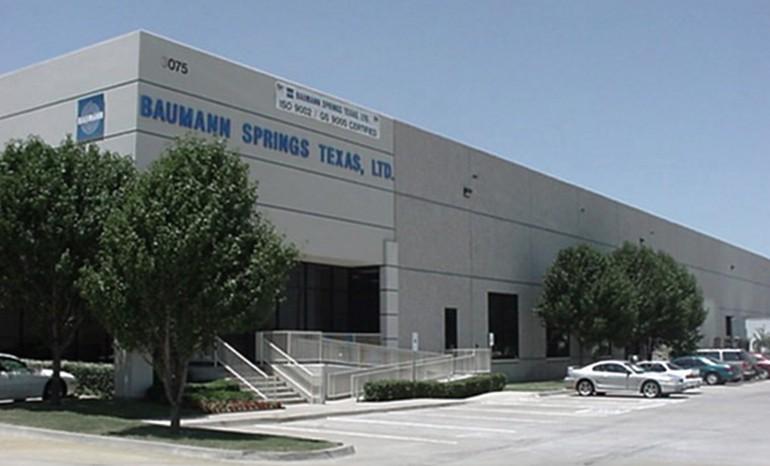Unions alarmed by industrial job cuts

Trade union groups have expressed concern about a spate of job cuts announcements as Swiss firms battle with the strong franc. Engineering group ABB, chocolate maker Frey and airline catering firm Gategroup have recently signaled redundancies.
On Wednesday, ABB said it was entering the second round of a restructuring plan that would result in $1 billion (CHF0.98 billion) of “white collar cost savings”. While the company would not go into specifics on job cuts, chief executive Ulrich Spiesshofer said the changes would affect the company’s Zurich HQ.
Switzerland’s largest union, Unia, said it was “concerned” for ABB’s 6,700 employees stationed in the country. “The massive cuts of around $1 billion, which would lead to the loss of jobs in Switzerland, is not acceptable,” it said in a statement.
“As a traditional company, ABB has a responsibility to counteract creeping deindustrialization. Demolishing jobs is not the way.”
The Swiss Employees’ Association was also quick off the mark to condemn the implied threat of ABB to slash jobs. It also pointed to a recent decision by chocolate maker Frey to outsource 50 back office staff jobs abroad.
“We know from experience that removing employees can damage the operating environment, and in turn the success of businesses.”
Both workers groups called on ABB to keep job cuts down to a minimum as it seeks to reduce costs to improve profitability – or in the company’s parlance “become leaner, faster and more agile.”
Earlier this month, airline catering firm Gategroup said it would shed 300 jobs worldwide as it shifted focus away from hubs in Switzerland, Britain and the United States and towards developing economies.
Swiss exporters have been plagued by falling margins since January 15 when the Swiss National Bank ended its policy of keeping the franc-euro exchange rate at no lower than CHF1.20. For much of the last eight months the exchange rate has fluctuated in a band of between CHF1.04 and CHF1.09.
This has made Swiss exports less competitive in price than those of eurozone competitors and many industrial lobby groups, such as Swissmem, have complained that members are operating at much lower margins or at a loss.
The Swiss economy marginally avoided going into technical recession in the first half of this year. Economic output went into reverse in the first three months of the year but surprised economists by gaining a sliver of ground in the second quarter.
The rate of unemployment in Switzerland has remained steady at 3.2% but is expected to rise to 3.5% next year, according to government forecasts.

In compliance with the JTI standards
More: SWI swissinfo.ch certified by the Journalism Trust Initiative











You can find an overview of ongoing debates with our journalists here . Please join us!
If you want to start a conversation about a topic raised in this article or want to report factual errors, email us at english@swissinfo.ch.